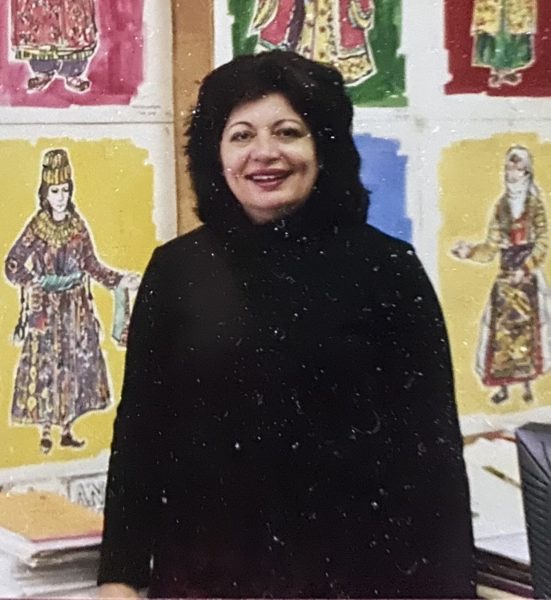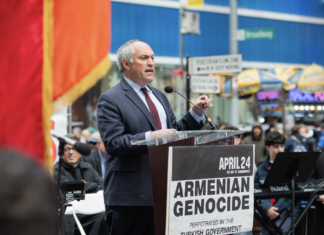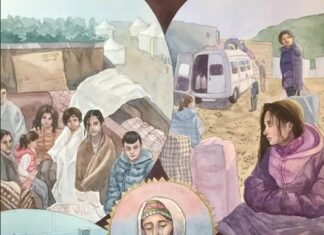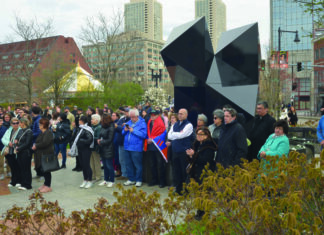By Elise Antreassian
Special to the Mirror-Spectator
NEW YORK — In 2010, UNESCO declared Western Armenian an endangered language, which, by their definition, was a language likely to become extinct in the near future because its speakers cease to use it or pass it on to the next generation. The backstory is familiar: As vital Armenian communities (Ottoman Turkey, Egypt, Lebanon, Syria, Iraq, and elsewhere) were upended by war, revolution, oppression, or economic distress, the places where Western Armenian once thrived began to wane.
But well before the alarm sounded in 2010, Gilda (Buchakjian) Kupelian was more than aware of the urgency of the matter. She had already been long engaged in keeping the legacy of Western Armenian culture alive and thriving. It was at first simply the natural course for a young woman in Beirut, an important center of Armenian life. She was born and grew up there, attending the Armenian Evangelical College, and then Haigazian University, the only Armenian institution of higher learning in the diaspora. Pulitzer Prize winner William Saroyan was her graduation keynote speaker. Fresh out of college, after a short stint writing for the Middle East Sketch magazine, she was hired for the position of the Fine and Performing Arts Librarian at the JFK Cultural Center of the US Embassy.

She attributes the love for her heritage to her beloved parents, Dikran, a jeweler and son of Aintabtsi Genocide survivors, and her Lebanese mother, Laurice, who learned to speak Armenian impeccably and made sure her son, Serge, and daughter would not only learn Armenian but Arabic, French, and English, as well. After the Lebanese civil war, her family moved to America, where she eventually married and raised three daughters, all of whom speak Armenian and have their own well-informed sense of who they are and how knowing things Armenian is of immeasurable value.
Her background naturally led to a life’s work when Kupelian assumed two long-time positions in New York City as director of Armenian Education/Studies, first at the Armenian Prelacy and then at the Armenian Diocese. Both jobs entailed working with Armenian schools (developing curriculum, training teachers, providing resources) in addition to producing programs and publishing materials for adults and parish use. Resources – Let’s Speak Armenian and the Practical Heritage Dictionary among many others, special events such as the celebration at Monmouth University of the inception of the Armenian Alphabet, youth-centered projects, including the popular Armenian Jeopardy, and pedagogical sessions for teachers with preeminent scholars such as sociolinguist Prof. Joshua Fishman, language specialists Dr. Shushan Karapetian, Dr. Hilda Kalfayan, Dr. Ani Bakalian, Artoun Hamalian, and literati Dr. Vahe Oshagan, Dr. Herand Markarian, Aram Arkun, and Diaspora poet par excellence, Vehanoush Tekian, all garnered much excitement and interest in Armenian Studies.









